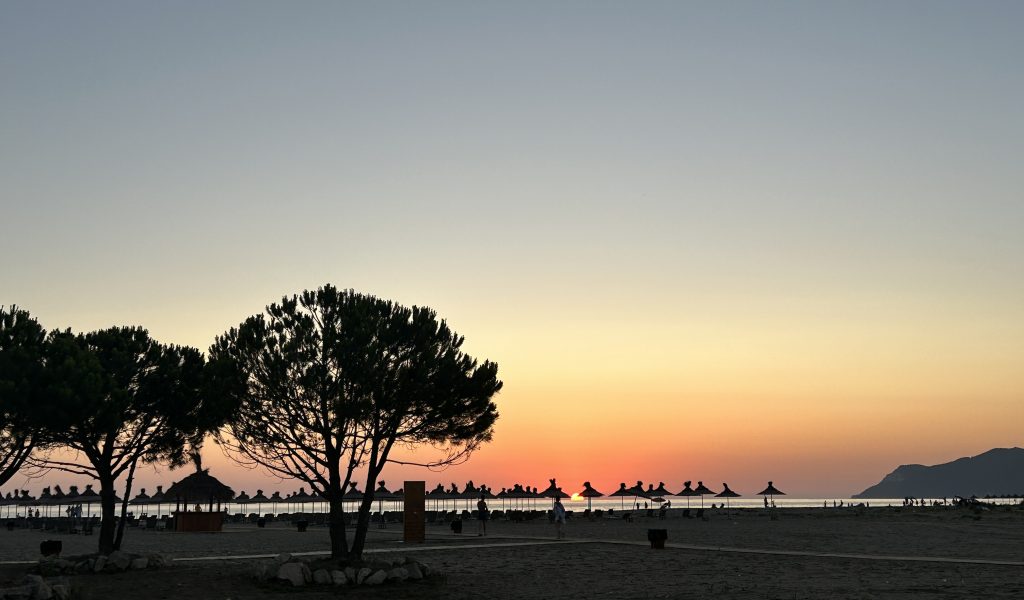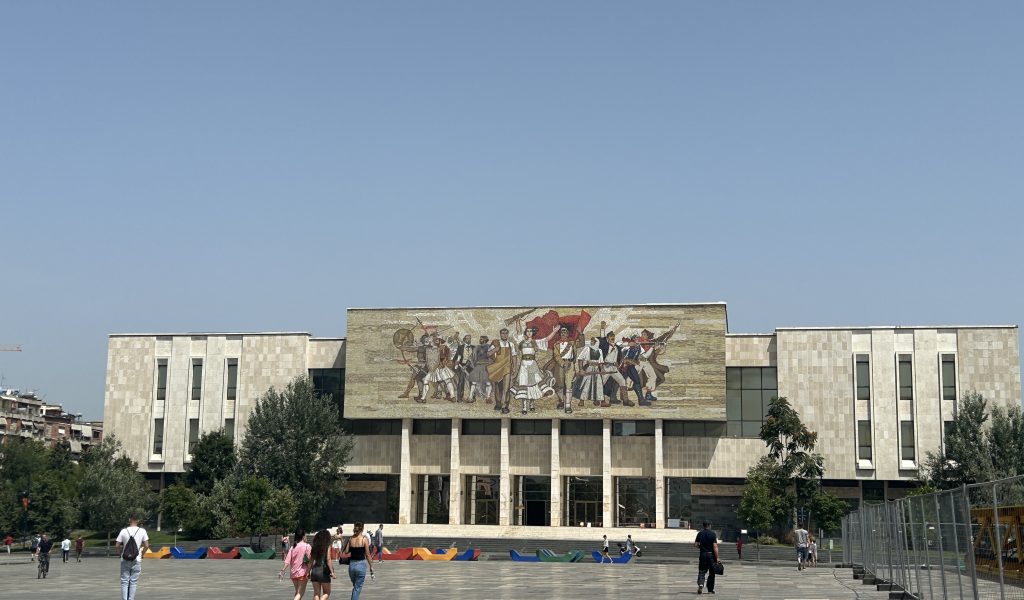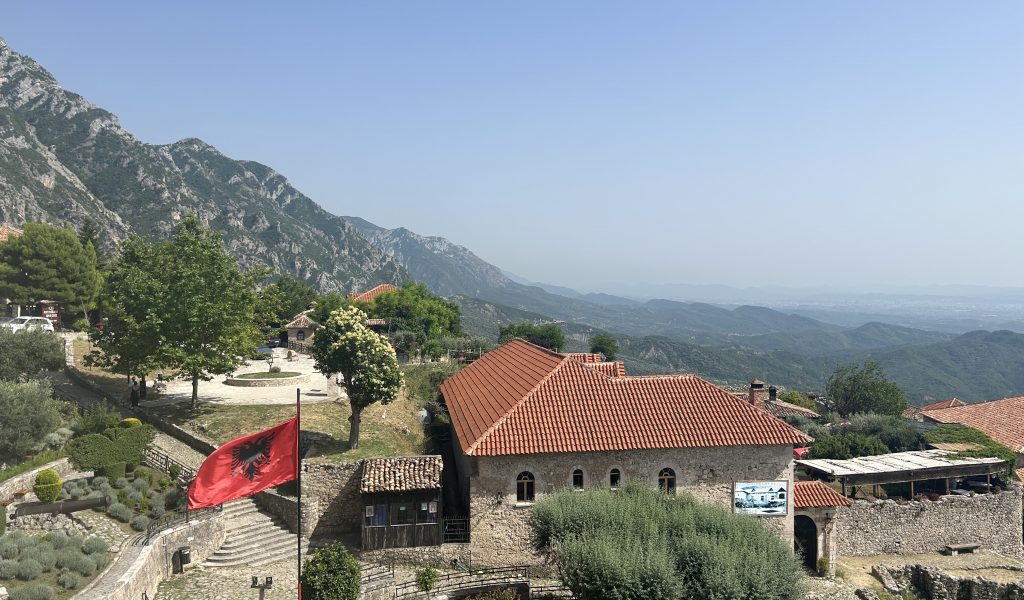A Hidden Gem: Discover Albania

Harry Craig, Print Deputy Editor, recommends an unknown holiday destination, Albania, uncovering its unique touristic value.
On our tour, the guide told us: “When the communist regime collapsed in 1990, I was 16. And I didn’t know what a banana was.” It was clear from the moment I arrived at Tirana Airport, Albania’s main international airport, that this was no ordinary holiday destination. A country in the heart of Europe, with beaches and natural beauty that could rival the Maldives, was in a state of North Korean-esque isolation until just thirty years ago.
The idea of visiting Albania fascinated and shocked many of the people I told before going. You would likely receive one of two responses – those warning that it was far too dangerous and parroting the typically Daily Mail lines about “Albanians coming here in small boats”, or the typical Gen Z response of “Isn’t that where Dua Lipa comes from?”
A country in the heart of Europe, with beaches and natural beauty that could rival the Maldives, was in a state of North Korean-esque isolation until just thirty years ago.
Nonetheless, Albania is a country slowly starting to make a name for itself on the global tourism scene, aided by the country’s rapid economic growth under Prime Minister Edi Rama. Between 2010 and 2019, the number of international tourists tripled from 1 million to 3.3 million, and this year that figure is expected to exceed 10 million, in spite of COVID interrupting the three intervening years.

Theoretically, Albania should be in the touristic sweet spot of Europe, sandwiched between tourist hotspots like Italy, Greece, Croatia and Montenegro. The country’s troubled political past has been the main reason this hasn’t happened, but as this has subsided Albania is gradually opening its arms to tourism – and rightfully so.
Although I didn’t get to any of the TikTok-worthy beaches of the Albanian Riviera in the country’s far-south, the region surrounding the capital Tirana and principal port Durrës was well worth it. Resorts from reputed luxury brands like Meliá and Mövenpick are springing up along the coast. The most tempting aspect is the value for money – a pint (the classic way of measuring cost around the world) is just £0.68 here.
Between 2010 and 2019, the number of international tourists tripled from 1 million to 3.3 million.
What sets Albania apart, however, is its history, which is inescapable when you leave the glittering five-star resorts behind. The infrastructure is still lagging behind as a result, with inevitable traffic jams (unsurprising for a country where private car ownership was banned until 1991) and little to speak of in terms of public transport. But there is construction work everywhere, and with huge amounts of money being pumped into the country, there are rapid signs of improvements.
Tirana is a vibrant, cosmopolitan city, far from the typical stereotypes. Old communist-era blocks stand side-by-side with sparkling new skyscrapers. Rama’s policy of painting buildings in bright colours and facilitating colourful murals around the city has helped to bring it to life, and there are examples of cultural heritage everywhere. For example, the infamous Pyramid of Tirana, built as a tribute to dictator Enver Hoxha in the 80s and left dilapidated for decades, has been transformed into a centre for computer sciences. This, therefore, is a country looking ahead to the future, but without completely forgetting its past.

I also had the chance to venture up into the mountains, to see another completely different side of Albanian life. Although the weather was hot, hitting 42°C, the scenery was breathtaking. We also had a chance to sample some of the local food, which was a delicious fusion of Italian, Greek and Turkish influences.
Albania is tipped to become the next Croatia on the global tourism scene, and after my visit, it is easy to see why. Very few places in Europe can fuse golden-sand beaches, breathtaking mountain scenery, a vibrant urban life, a fascinating historical and cultural context and exceptional value for money. The land of the double-headed eagle may not remain a hidden gem for much longer.


